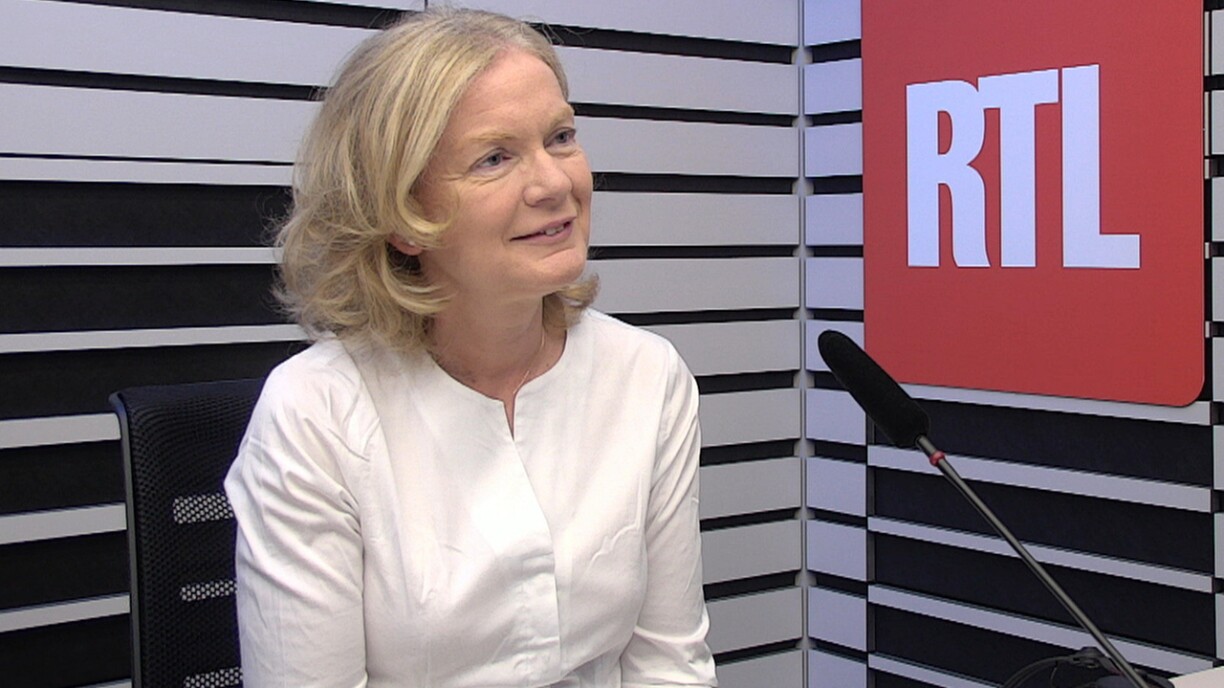
Schlesser believes it is too early to assess whether Luxembourg’s job market has prevailed over the pandemic. The unemployment rate may be at its lowest since 2009, but the health crisis is not over yet, and new infection waves may cause more setbacks, she warned.
Schlesser explained that advanced training plays an important role in today’s world, as jobs continue to evolve and change. At the moment, there is high demand for information scientists, accountants, and hospitality employees.
About 7,000 people currently registered with Adem have been looking for a job for more than a year, which means they are considered long-term unemployed. Schlesser acknowledged that this number is going down, but only slowly.
About 5,000 of the long-term unemployed did not work at all in 2021. 60% of them are over the age of 45, while they are on average considered less qualified, and a third suffer from medical issues.
Ukrainian refugees fleeing the Russian invasion are allowed to start working in Luxembourg as soon as they arrive. More than 300 of them have already registered with Adem, announced Schlesser.
70% of Ukrainian job seekers are women, most of whom are highly qualified. 80% have a university degree.
The greatest challenge for Ukrainian refugees entering Luxembourg’s job market is the language barrier, explained Schlesser. Nevertheless, since most are proficient in English, there remains a wide offer of jobs that can be accessed.
The Adem director also addressed the recent case of an educator with a diploma in dance pedagogy being invited by the job centre to apply for a position as “dancer, stripper, escort”.
Schlesser explained that every job has to be registered with Adem and that they then have to try and find suitable candidates. In the case of such “delicate” positions, it is not common practice to send out letters, but rather contact people personally via phone.
Schlesser admitted that this did not happen in the recent case, and stressed that there is no obligation to accept a position offered by Adem. She further conveyed that the job centre apologised to both women and concluded that such mistakes should not happen at all.